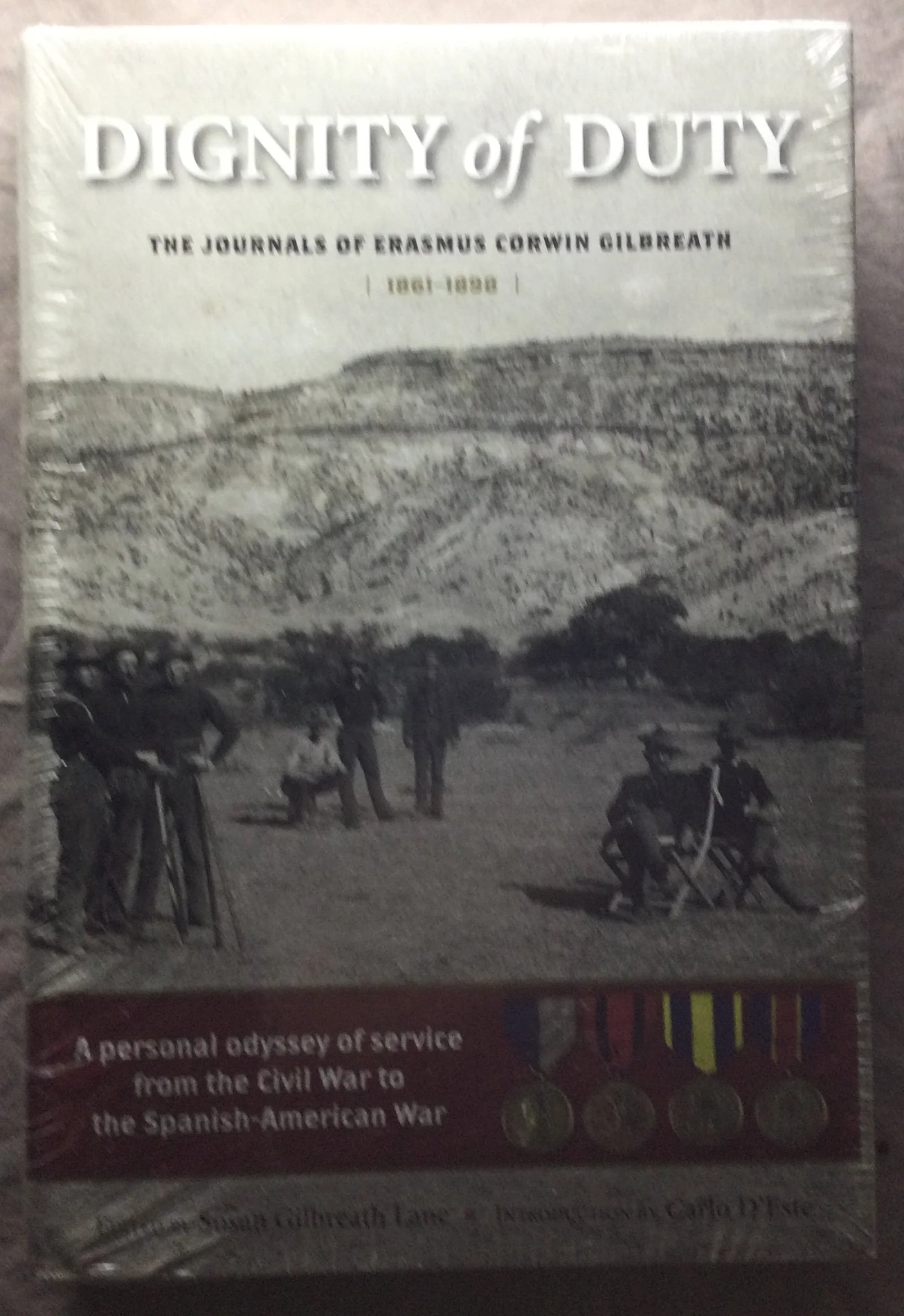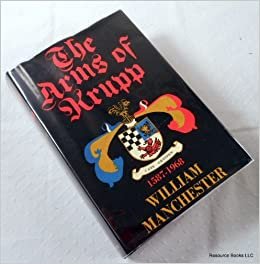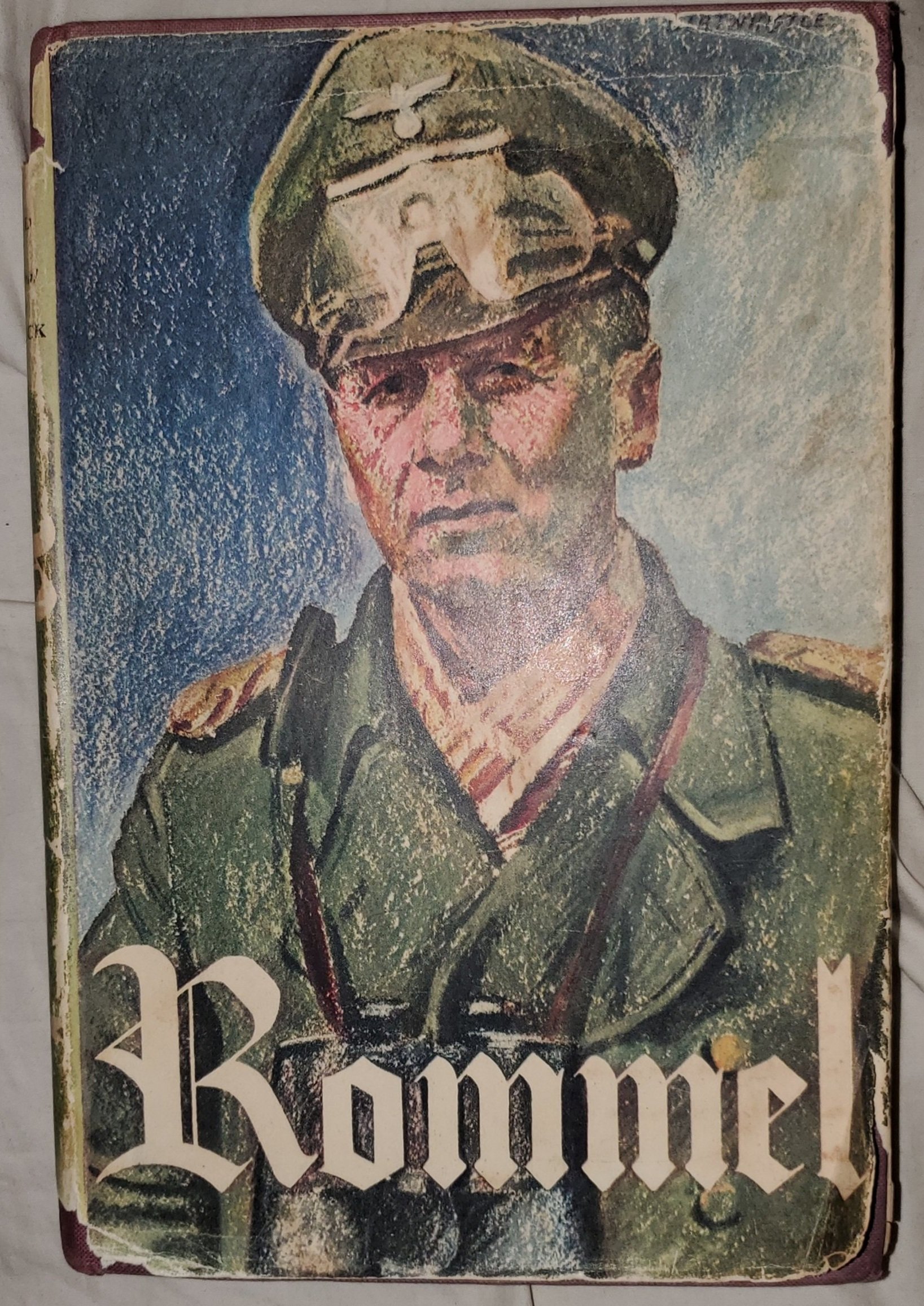 Image 1 of 1
Image 1 of 1


Dignity of Duty | The Journals of Erasmus Corwin Gilbreath, 1861-1898
Author - Erasmus Corwin Gilbreath
Year published - 2015
Published by - Pritzker Military Museum and Library
Book Format - Hard Cover
Genre - Biographies, Autobiographies and Diaries
Summary
Published 117 years after his death, the journals of the American soldier Erasmus Corwin Gilbreath provide a compelling vantage point by which to view contemporary American history. They tell, first and foremost, a tale of war in which there is no gloryonly carnage and death. Through Gilbreaths firsthand accounts we get a sense of what life was like during the Civil War, the Indian Wars, and the War with Spain from an accomplished field officer, rather than from high command. Gilbreath illuminates the true horrors of war in the 19th Century for soldiersboredom, fatigue, death, and crude medical care for the woundedand their families, as Gilbreaths wife and children followed him wherever his orders would lead, enduring the primitive conditions they found along the way. From his instrumental role in raising a company that would become part of the 20th Indiana Volunteer Infantry, to his death while serving with the 11th U.S. Infantry in Puerto Rico at the tail end of the SpanishAmerican War, Gilbreaths life exemplifies the dignity of his service and the importance he placed on duty to his nation. In his journals, Gilbreath paints a vivid picture of the turmoil and change that was 19th Century America. Passages such as the lyric firsthand account of the Battle of the Ironclads or his reconnecting with a fellow Gettysburg veteran in Chicago 21 years after the battle are beautifully written, and carry a personal and emotional gravity that are found in the best literary works. Gilbreath is one of Americas sons, a proud citizen soldier who helped to forge the United States, and we are truly fortunate that his legacy lives on in these pages.
Notes -
Author - Erasmus Corwin Gilbreath
Year published - 2015
Published by - Pritzker Military Museum and Library
Book Format - Hard Cover
Genre - Biographies, Autobiographies and Diaries
Summary
Published 117 years after his death, the journals of the American soldier Erasmus Corwin Gilbreath provide a compelling vantage point by which to view contemporary American history. They tell, first and foremost, a tale of war in which there is no gloryonly carnage and death. Through Gilbreaths firsthand accounts we get a sense of what life was like during the Civil War, the Indian Wars, and the War with Spain from an accomplished field officer, rather than from high command. Gilbreath illuminates the true horrors of war in the 19th Century for soldiersboredom, fatigue, death, and crude medical care for the woundedand their families, as Gilbreaths wife and children followed him wherever his orders would lead, enduring the primitive conditions they found along the way. From his instrumental role in raising a company that would become part of the 20th Indiana Volunteer Infantry, to his death while serving with the 11th U.S. Infantry in Puerto Rico at the tail end of the SpanishAmerican War, Gilbreaths life exemplifies the dignity of his service and the importance he placed on duty to his nation. In his journals, Gilbreath paints a vivid picture of the turmoil and change that was 19th Century America. Passages such as the lyric firsthand account of the Battle of the Ironclads or his reconnecting with a fellow Gettysburg veteran in Chicago 21 years after the battle are beautifully written, and carry a personal and emotional gravity that are found in the best literary works. Gilbreath is one of Americas sons, a proud citizen soldier who helped to forge the United States, and we are truly fortunate that his legacy lives on in these pages.
Notes -




